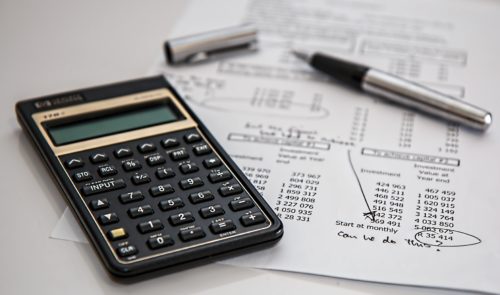
If you are thinking about filing for bankruptcy, you’ve most likely heard the terms “secured” and “unsecured” debt. That said, you may wonder how these terms apply to bankruptcy and how they may impact your bankruptcy filing. Please continue reading and reach out to a seasoned Bergen County bankruptcy lawyer from the Law Office of Boyd & Squitieri to learn more about the difference between these types of debt and how our firm can best help your financial future. Here are some of the questions you may have:
How is secured debt different from unsecured debt?
The primary difference between secured debt and unsecured debt is that secured debt is loaned money that comes with some type of collateral, such as a house or car, whereas unsecured debt isn’t backed by any asset. For this reason, unsecured debt is typically more expensive to receive funding for. Think of it as a tradeoff; although secured loans typically have lower interest rates than unsecured loans, as there is less risk involved for the lender, they do come with the possibility of your lender repossessing the property held as collateral, should you be unable to keep up with your payment plan. (Unsecured debt = higher interest rates without the risk of property repossession; secured debt = lower interest rates with the risk of property repossession.)
That said, if your lender is currently trying to repossess your property and you are unable to come up with the funds to stop the repossession on your own, you are most likely wondering what you can do to keep your property. Fortunately, you are in the right place, and the Law Office of Boyd & Squitieri is here to help.
What can I do if a lender is trying to repossess my home or car?
If you are unable to pay off your secured debt and your lender is trying to repossess your home or car, fortunately, there are certain things you can do to stop the repossession. One of the best options for halting repossessions is foreclosure mediation, however, this isn’t always possible. If foreclosure mediation isn’t an option for you, bankruptcy is likely the next best available option.
Many people falsely assume that by filing for bankruptcy, they will surrender their home or vehicle, while in fact, the opposite is often true. When you file for bankruptcy, it will trigger an Automatic Stay, which essentially prohibits creditors from conducting all repossession activities until the bankruptcy is finalized. In many cases, filing for bankruptcy is actually the best way to keep your home and stop creditors from taking your assets.
If you have any further questions about foreclosure mediation or bankruptcy, or you need the help of a seasoned bankruptcy lawyer, look no further than the Law Office of Boyd & Squitieri. Contact us today so we can get started working on your case.